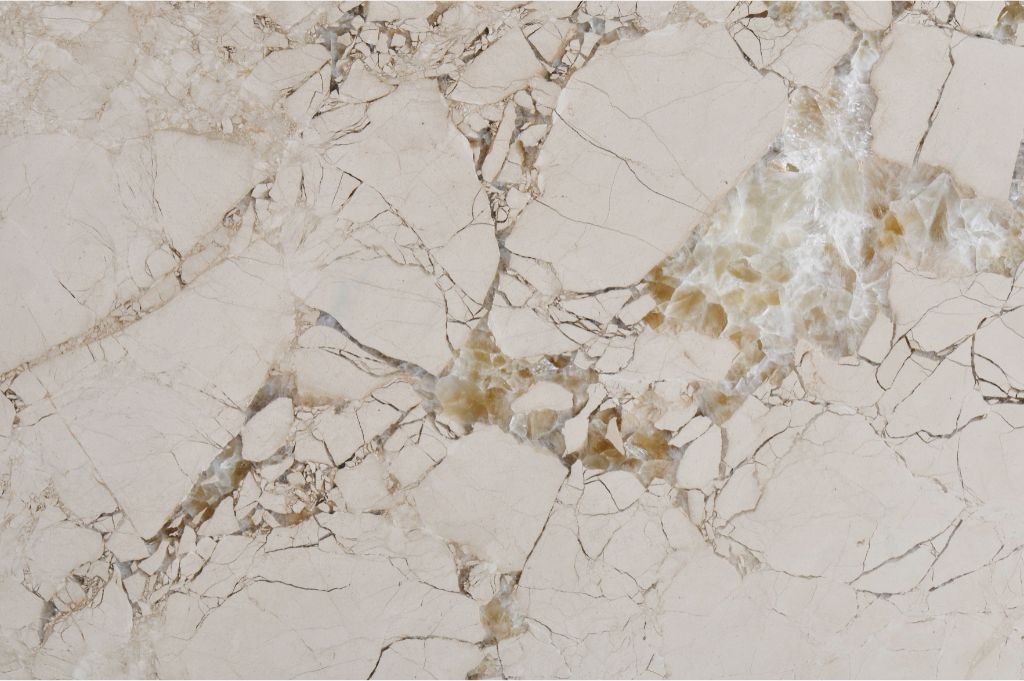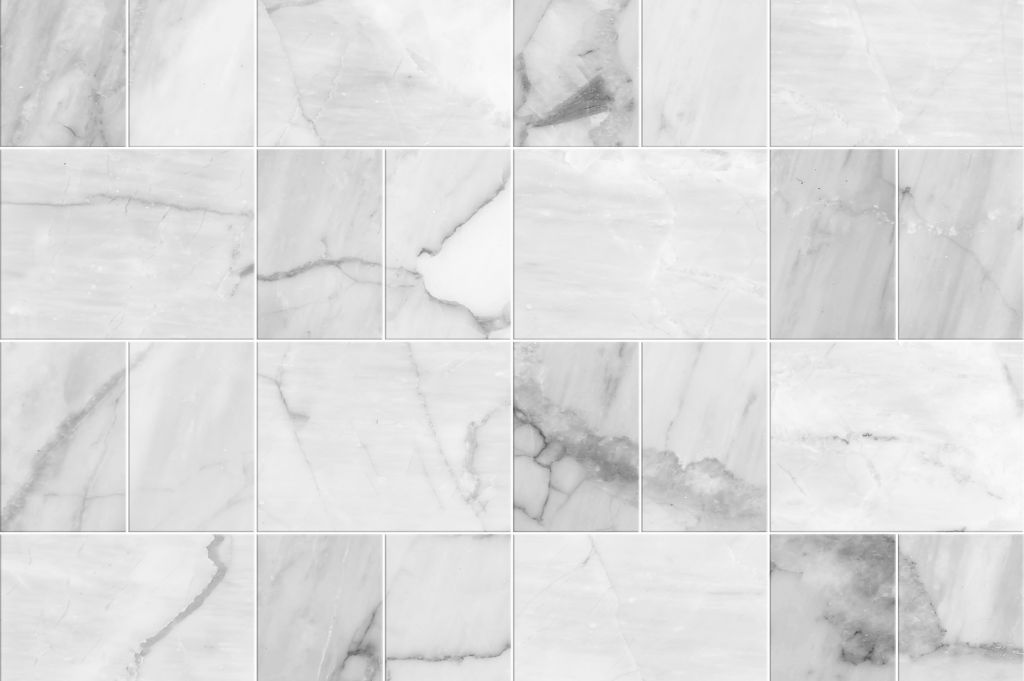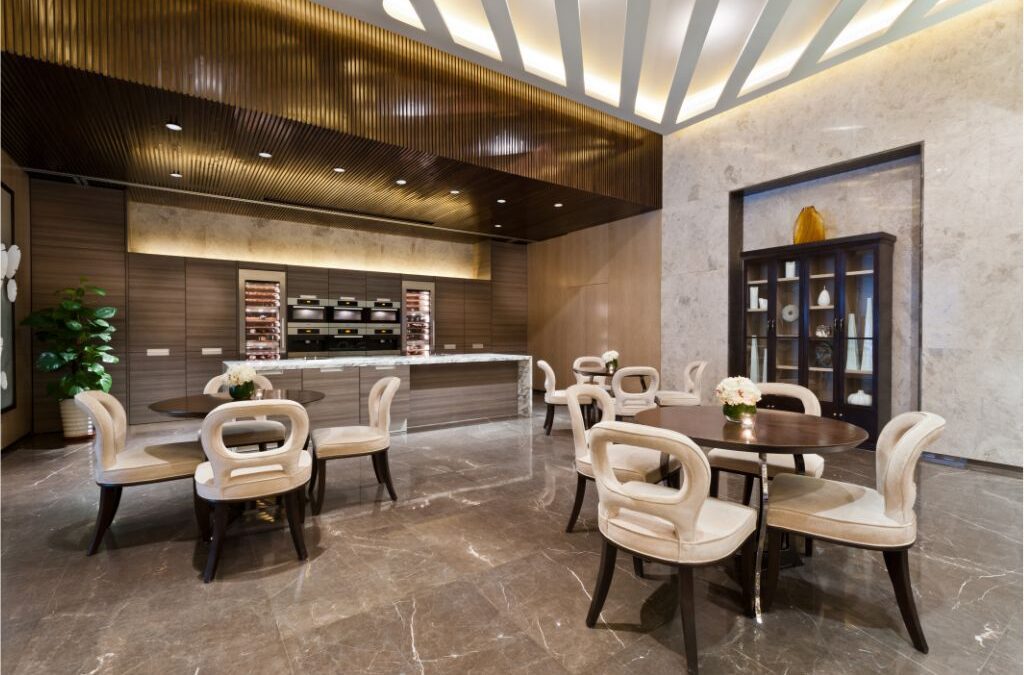Marble floor tiles are renowned for their timeless elegance and luxurious appeal, making them a popular choice for homeowners aiming to elevate their interiors. However, to ensure the longevity and beauty of marble flooring, it’s essential to address the question: does marble floor tile need to be sealed?
Understanding Marble Porosity
Marble’s porous nature is a result of its composition, characterized by interconnected gaps and voids within its structure. These microscopic openings create pathways for liquids to permeate the surface, making unsealed marble susceptible to staining and damage. It’s crucial to comprehend the significance of porosity in marble to grasp the necessity of sealing.
Explanation of Porous Materials
Porosity is a common trait observed in various natural and synthetic materials. In the context of marble, porosity refers to the presence of interstitial spaces between the mineral grains or crystals that constitute the stone. These pores vary in size and distribution, influencing the material’s absorption and retention capabilities.
Effects of Moisture on Marble
Moisture poses a significant threat to unsealed marble surfaces due to their porous nature. When liquids such as water, oil, or acidic substances come into contact with unsealed marble, they can penetrate the surface, causing discoloration, etching, and deterioration over time. In high-moisture environments like bathrooms and kitchens, the risk of moisture-related damage to marble is heightened, emphasizing the importance of effective sealing measures.
Why Marble Floor Tile Needs Sealing
The necessity of sealing marble floor tiles stems from the inherent vulnerability of the material to moisture and stains. Understanding the reasons behind this need is essential for homeowners seeking to protect their investment and maintain the aesthetic appeal of their marble flooring.
Vulnerability to Staining
Unsealed marble is highly susceptible to staining, as spilled liquids can seep into the pores of the stone, leaving behind unsightly marks and blemishes. Whether it’s a glass of wine, a splash of coffee, or a drop of cooking oil, any liquid left unattended on unsealed marble can lead to permanent discoloration and surface damage.
Common Areas of Installation Prone to Moisture
Marble flooring is commonly installed in areas of the home that are prone to moisture exposure, such as bathrooms, kitchens, and laundry rooms. In these spaces, the presence of water, steam, and humidity increases the risk of moisture-related damage to unsealed marble surfaces. From steamy showers to accidental spills, the daily activities in these areas pose a constant threat to the integrity and appearance of marble flooring.

Marble Floor Tile – Nadine Floors
How to Seal a Marble Floor Tile
Sealing marble floor tiles is a straightforward process that can be accomplished with minimal effort and the right materials. By following a few simple steps, homeowners can effectively protect their marble flooring from moisture damage and maintain its pristine appearance for years to come.
Cleaning Process
Before applying the sealant, it’s essential to thoroughly clean the marble surface to remove any dirt, dust, or residues that could interfere with the sealing process. Using a pH-neutral cleaner specifically formulated for marble, gently scrub the surface to lift away any impurities and ensure a clean, smooth surface for sealing.
Application of Sealant
Once the marble surface is clean and dry, it’s time to apply the sealant. Begin by selecting a high-quality sealant designed specifically for natural stone surfaces like marble. Conduct a small test in an inconspicuous area to ensure compatibility and absence of discoloration before applying the sealant to the entire floor.
Using a foam brush or soft cloth, apply the sealant evenly to the surface of the marble floor, taking care to cover both the tiles and the grout lines. Work in small sections to ensure thorough coverage and avoid any missed spots. Pay special attention to areas prone to moisture exposure, such as around sinks, showers, and tubs.
Drying and Curing Time
Once the sealant has been applied, allow it to dry completely before walking on the marble floor or allowing any moisture to come into contact with the surface. The drying time will vary depending on factors such as temperature, humidity, and the type of sealant used. In general, it’s advisable to wait at least 24 hours before resuming normal use of the sealed floor.
To ensure optimal protection and longevity, it’s recommended to wait 2-3 days before cleaning the marble floor or allowing heavy foot traffic. This allows the sealant to fully cure and bond with the surface, creating a durable barrier against moisture and stains.

Marble Floor Tile – Nadine Floors
Benefits of Sealing Marble Floor Tile
Sealing marble floor tile offers numerous benefits beyond protecting against moisture damage and staining. By investing in regular sealing maintenance, homeowners can enjoy the following advantages:
Preserving the Natural Beauty
Sealing helps preserve the natural beauty and elegance of marble flooring, enhancing its color, texture, and luster. By creating a protective barrier against stains and discoloration, sealing ensures that the marble retains its pristine appearance for years to come, adding timeless charm to any space.
Enhancing Longevity
Sealed marble floor tile are more durable and resistant to wear and tear, extending their lifespan and reducing the need for costly repairs and replacements. By preventing moisture penetration and surface damage, sealing helps maintain the structural integrity of the marble, ensuring lasting beauty and functionality.
Facilitating Easy Maintenance
Sealed marble floor tile are easier to clean and maintain, requiring less effort and time to keep them looking their best. The smooth, non-porous surface created by sealing prevents dirt, dust, and debris from settling into the pores of the marble, making it easier to wipe clean with a damp cloth or mop.
Preventing Stains and Etching
Sealing creates a protective barrier that prevents liquids and spills from seeping into the surface of the marble, reducing the risk of stains, etching, and discoloration. By repelling water, oil, and other common household substances, sealing helps preserve the natural beauty of marble flooring and maintain its flawless appearance.
Increasing Resale Value
Well-maintained marble flooring can significantly enhance the resale value of a home, attracting potential buyers with its timeless elegance and luxury appeal. By investing in regular sealing maintenance, homeowners can protect their investment and maximize their return on investment when it comes time to sell their property.
DIY vs Professional Sealing
When it comes to sealing marble floor tile, homeowners have the option of undertaking the task themselves or hiring a professional service. Both approaches offer their own set of advantages and considerations, depending on factors such as cost, convenience, and expertise.
DIY Sealing
DIY sealing allows homeowners to save money on labor costs and exercise greater control over the sealing process. With the right materials and instructions, sealing marble floor tile can be a relatively straightforward task that can be completed in a single day. DIY sealing also allows homeowners to customize the sealant application to suit their preferences and schedule.
However, DIY sealing requires careful preparation and attention to detail to ensure optimal results. Improper sealing techniques or product selection can lead to issues such as uneven coverage, streaking, or discoloration, compromising the effectiveness and aesthetics of the sealant. Additionally, DIY sealing may not offer the same level of durability and longevity as professional sealing, particularly in high-traffic or moisture-prone areas.
Professional Sealing
Professional sealing services offer expertise, efficiency, and peace of mind for homeowners seeking professional-quality results. Professional sealers have the knowledge, experience, and equipment to properly assess the condition of the marble flooring, select the appropriate sealant, and apply it with precision and care. By entrusting the sealing process to professionals, homeowners can ensure consistent, long-lasting protection for their marble floors.
Professional sealing services also offer additional benefits such as warranty coverage, post-installation support, and maintenance recommendations. While professional sealing may involve higher upfront
Conclusion

Marble Floor Tile – Nadine Floors
In conclusion, sealing marble floor tiles is essential for preserving their beauty and integrity over time. By understanding the importance of sealing and following proper maintenance procedures, homeowners can protect their investment and enjoy the timeless elegance of marble flooring for years to come. Whether opting for DIY sealing or professional assistance, prioritizing regular maintenance and prompt cleaning is key to ensuring the longevity and durability of marble floors. With proper care and attention, sealed marble floors can withstand the rigors of daily life while retaining their luxurious appeal, adding value and sophistication to any home or space.
FAQs
- How often should marble floors be sealed?
Marble floors should be sealed every 6-12 months to maintain protection and appearance.
- Can I use any sealant for marble floors?
Use a sealant specifically designed for marble to ensure proper protection.
- Is sealing necessary for polished marble?
Yes, sealing preserves the shine and protects polished marble from stains.
- Can sealing prevent all stains on marble?
While sealing helps, it may not prevent all stains, especially from acidic substances.
- Does sealing affect marble floor slipperiness?
Sealing should not significantly affect slipperiness, but use rugs in high-traffic areas for safety.
For all your flooring needs in Plano,TX, trust Nadine Floor Company to provide expert advice and exceptional service. Whether you’re looking to seal your marble floors or considering a new installation, our team is here to assist you every step of the way. Contact us today at (469) 666-4530 to schedule a consultation and discover how we can help enhance the beauty and functionality of your home.

